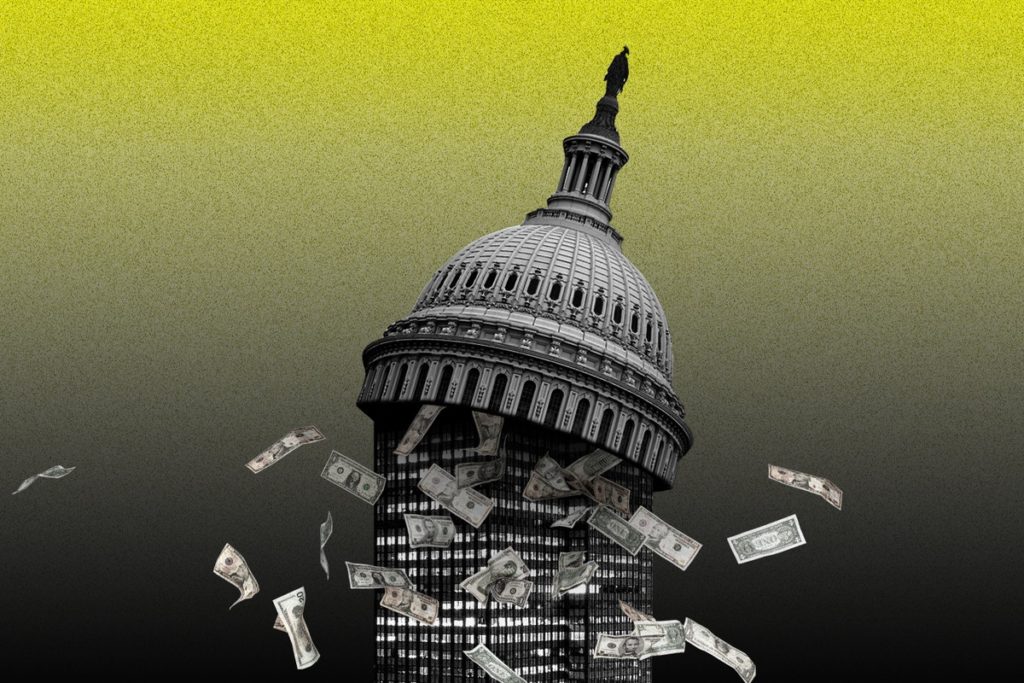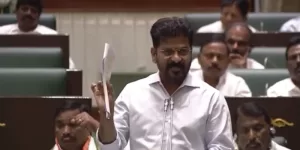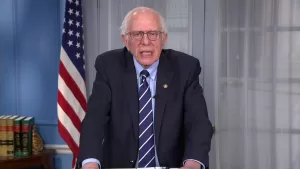Beyond the headlines around the unprecedented storming of Capitol Hill by rampagers and violent extremists, a more mundane group of Washington, D.C., insiders is trickling into the halls of government.
The newly elected Congress is hiring a wave of corporate lobbyists to fill key staff roles.
The embrace of lobbyists makes Congress a welcoming environment for their former corporate clients, which now have an inside voice in the legislative process. For many large companies seeking favor in Congress, their current lobbyists will meet with former colleagues to hash out policy.
In the Senate, lobbyists are scoring top jobs on a weekly basis. Sen. Lisa Murkowski, R-Alaska, an influential moderate, hired a new chief of staff who previously represented Alaska mining interests last month. Shortly after his reelection in November, Sen. Gary Peter, D-Mich., who sits on a subcommittee overseeing internet policy, hired a former Google lobbyist as his counsel and committee legislative aide.
Senate Minority Leader Mitch McConnell, R-Ky., after his reelection hired a Kentucky lobbyist whose firm touts its ties to the Kentucky congressional delegation while representing AT&T, DaVita, and Cisco, among other clients.
Sen. John Boozman, R-Ark., the incoming ranking member of the Senate Agriculture Committee, last week chose Martha Scott Poindexter as the committee’s top GOP staffer. Poindexter currently works as a lobbyist for the agribusiness transit firm Bunge.
In the House of Representatives, lobbyists are similarly snagging senior positions. The newly appointed chief of staff to Rep. Bruce Westerman, R-Ark., is Sarah Slocum Collins, who just left her position as an in-house lobbyist for Tyson Foods, the factory farming giant. Rep. Tracey Mann, R-Kan., selected the former government relations manager of the Farmers’ Rice Cooperative.
Earlier this month, Rep. Kathy Manning, D-N.C., appointed Sarah Curtis, a lobbyist for the Mayo Clinic, as her chief of staff.
None of the lawmakers’ offices responded to a request for comment.
Jeff Hauser, the director of the Revolving Door Project, an oversight initiative of the Center for Economic and Policy Research, has raised concerns about the personnel choices.
“We think decisions reveal a lot about people, and we believe most people are basically OK with their past decisions. So if you chose to lobby for Google last year, you’re unlikely to believe this year that Google is the consequence of dozens of illegal mergers and government action must render ‘Google’ unrecognizable,” said Hauser. “And that goes for all corporate lobbying: You’re choosing to associate yourself with a narrow private interest, and that will impact your ability to adjust when you’re suddenly tasked with working in the public interest.”
It’s not just in Congress. The incoming Biden administration has announced several lobbyists for key positions. Louisa Terrell, a government affairs official at the consulting firm McKinsey & Company and a former lobbyist for Facebook, will serve as the director of the White House Office of Legislative Affairs, handling negotiations with Congress.
Steve Ricchetti, a longtime adviser to President-elect Joe Biden, was named as the White House counselor shortly after the election. Ricchetti is a former corporate lobbyist whose brother still operates a firm under the family name. Just after the announcement, Amazon signed the family lobbying firm, run by his brother Jeff Ricchetti, to represent its interests before the administration.
The rush of lobbyists taking jobs in government is a long-practiced tradition. President Barack Obama promised to crack down on the dynamic, issuing an executive order that banned registered lobbyists from his administration. But the order simply prompted a mass deregistration of lobbyists, concealing the public disclosure of influence peddling, while Obama continued to appoint lobbyists through special waivers.
President Donald Trump issued a relatively similar executive order, though his administration welcomed scores of corporate lobbyists nonetheless. Several cabinet members, such as Trump’s Environmental Protection Agency administrator and former secretary of defense, were former corporate lobbyists, overseeing matters that impacted their former employers.
Congress receives less attention, though the dynamic is pervasive. In previous years, lobbyists who specialize in writing tax loopholes for businesses were appointed to the House and Senate committees in charge of tax policy. The top officials leading the House and Senate intelligence committees have often been former lobbyists for surveillance-focused defense contractors.
(Lee Fang is a journalist with a longstanding interest in how public policy is influenced by organized interest groups and money. Article courtesy: The Intercept, a US news organization dedicated to holding the powerful accountable through fearless, adversarial journalism.)




